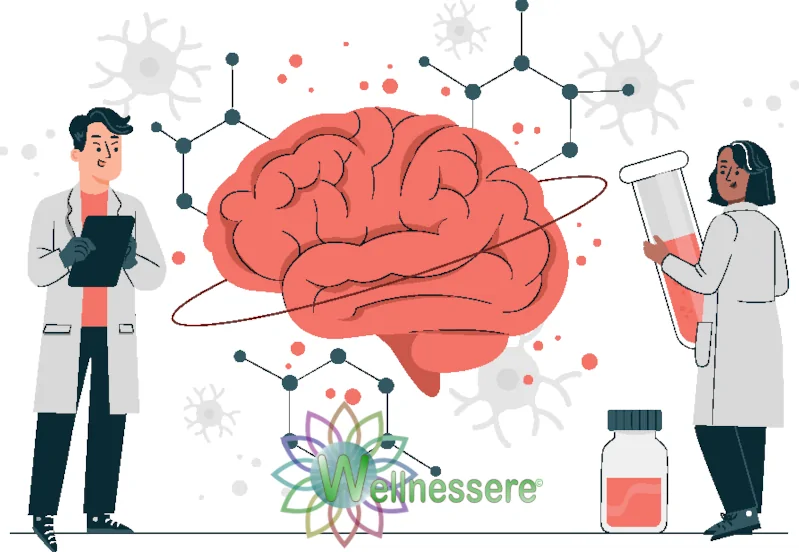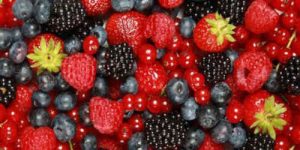What "Nootropics" means.
The term "nootropic" comes from the Greek words "νους" (nous) meaning "mind" and "τρoπoς" (tropos) from the verb "tropein" (to modify, change).
It refers to a class of compounds or substances that act on the brain to improve cognitive function, such as memory, attention, creativity, and motivation.
The concept of nootropics was first introduced in the 1970s by Romanian psychopharmacologist Corneliu E. Giurgea, who defined nootropics as substances that improve memory and learning, without having significant side effects, and that protect the brain from chemical and physical injury.
Today the term "nootropic" has been expanded to include a wide range of substances that can have positive effects on cognitive function, but it must also be said that there are still many substances to be studied and evaluated in depth to confirm their effectiveness as nootropics.
Nootropic supplements can contain a wide range of a combination of substances and ingredients, including vitamins, minerals, amino acids, herbs, plant extracts, and synthetic compounds.
Some of the most common ingredients include caffeine, L-theanine, citicoline, bacopa monnieri, ginkgo biloba, and docosahexaenoic acid (DHA).
According to The Guardian, in 2010 more than 16% of college students are reported to have used so-called smart drugs, which in the following years have become increasingly popular and in demand on both sides of the Atlantic.
Who as a student does not remember using the legendary Acutyl Phosphorus at exam time and at the end of the school year? By taking Acutyl phosphorus we were supplementing a nootropic without knowing it!

The five characteristics of nootropics
The five criteria of a nootropic, as defined by Corneliu E. Giurgea, are as follows:
- Improved memory and learning: A nootropic should be able to improve memory, both short-term and long-term, and facilitate the learning process.
- Brain resilience under stressful conditions: A nootropic should help the brain resist stressful agents by protecting brain cells from damage caused by excessive stressful situations.
- Protection of the brain from harmful substances: A nootropic should have the ability to protect the brain from harmful agents, such as environmental toxins and free radicals, contributing to overall brain health.
- Improved cortical-subcortical control: A nootropic should promote better communication and coordination between the more evolved parts of the brain (cortex) and the more primitive parts (subcortex), allowing for greater cognitive regulation.
- Absence of significant side effects and low toxicity: A nootropic should not cause harmful side effects or significant toxicity, allowing safe and sustainable long-term use.
These criteria were established to define the desirable characteristics of a compound that can be considered a nootropic.
Let's discover together some nootropic substances
There are several natural substances that have been considered nootropics for their alleged properties of improving cognitive function. Here are some natural nootropic substances:
- Bacopa monnieri: A plant used in Ayurvedic medicine, bacopa monnieri has been studied for its potential effect on memory and cognitive function. It may have antioxidant and neuroprotective properties.
- Ginkgo biloba: Ginkgo biloba leaf extract has been studied to improve blood circulation in the brain and increase oxygenation of brain tissue. This could help improve memory and cognitive function.
- Rhodiola rosea: This adaptogenic plant is often associated with reducing stress and increasing mental stamina. It can have positive effects on concentration and mental energy.
- Turmeric (curcumin): The active ingredient in turmeric, curcumin, is known for its anti-inflammatory and antioxidant properties. Some research suggests that curcumin may have benefits for brain function and neuronal protection.
- Green tea (L-theanine and caffeine): Green tea contains L-theanine, an amino acid that can have relaxing effects and improve concentration. Caffeine in green tea may help increase attention and alertness.
- Omega-3: Omega-3 fatty acids, such as docosahexaenoic acid (DHA), are essential components of brain cell membranes. Intake of omega-3s can positively influence brain function and memory.
- B-vitamins: B vitamins, such as vitamin B6, B9 (folic acid) and B12, are important for brain health and cognitive function. They can influence memory and learning processes.
- Phosphatidylserine: This phospholipid is present in cell membranes and may play a role in cognitive function and memory enhancement.
Research:
https://pubmed.ncbi.nlm.nih.gov/22886028/
Some nootropic supplements we have tested and like
Below I have included some products with a nootropic effect that I have experimented with, but we will return to this topic soon with further discussion.
Specifically on Gaba-based products, tryptophan, and we will talk specifically about three very effective nootropic complexes that you will find in the Blog:
https://wellnessere.com/tag-prodotto/nootropi/





